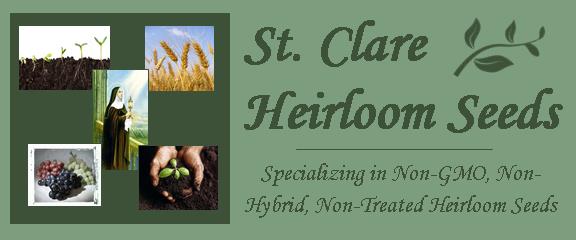1. The use of mulches, composts, and manures to build up the soil. The return of organic matter to the land is an excellent practice, provided no disease organisms or weed seeds are returned in the process. against pests, such as destroying insect egg masses by hand, handpicking potato beetles and tomato hornworms as they appear, and removing diseased plants as soon as the first symptoms appear.
2. Cultural measures involving the use of ordinary farming practices before insect or disease damage becomes apparent. Often these may consist merely of variations of routine operations necessary to produce the heirloom vegetable crop, including rotation of land and crops between seasons.
3. Biological control measures in which natural enemies of pests are used. Some insects do not damage vegetable plants and are beneficial to man because they destroy injurious insects. Important beneficial insects include the ant lion (doodlebug), aphid lion (lacewing), assassin bugs, damsel bugs, ground beetles, lady beetles, praying mantids, spiders and certain predaceous mites, and syrphid flies (wasps). Use resistant varieties. Check seed catalogs for this information. Many new varieties are disease and insect resistant. Use wood ashes around plants where slugs are a problem.Two natural insecticides commonly used by organic heirloom vegetable gardeners are rotenone and pyrethrum. Both insecticides are plant products and have low toxicity. They should be used in strict accordance with directions on the container label.
Many State agricultural experiment stations are publishing information geared specifically to the needs and problems of organic Open Pollinated / Heirloom vegetable gardeners and heirloom farmers. Your State Extension office or county Extension agent can advise you about the availability of such information within your State.

